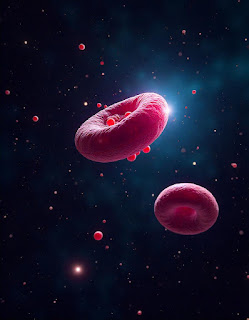Y- chromosome on the verge of extinction!
Understanding the extinction of Y-chromosome- Beginning of this end of human era
Importance of Y- chromosome
The Y chromosome plays a crucial role in human reproduction, primarily responsible for determining male sex and initiating male development.
Key points of its role:-
Sex Determination: The Y chromosome contains the SRY gene, which is the master switch for male development. When present, it triggers the development of male reproductive organs, such as testes and prostate.
Spermatogenesis: The Y chromosome also carries genes essential for sperm production. These genes help regulate the process of spermatogenesis, ensuring the development of healthy sperm.
Male Fertility: The presence of the Y chromosome is vital for male fertility. Mutations or deletions in certain regions of the Y chromosome can lead to infertility or reduced sperm quality.
In essence, the Y chromosome is a key factor in the biological pathway that leads to male development and reproductive function.
After knowing the role of this chromosome, this creates a worrisome future for male generation in the world.
A recent study has highlighted the disappearance of Y- chromosome, leading to the possibility of only female child born in the world.
But a 2022 study published in journal “Proceedings of the National Academy of Science “, that a spiny rat has successfully evolved a new male determining gene , offering hope for humanity’s future.







Comments
Post a Comment